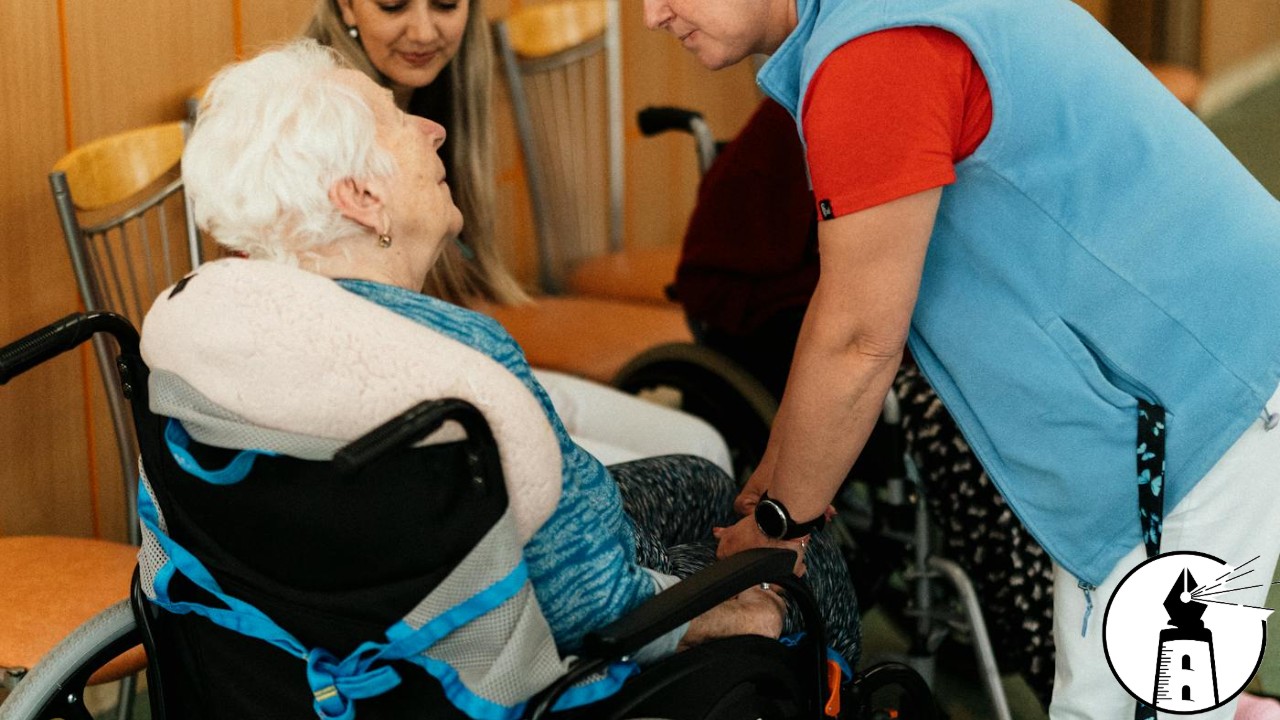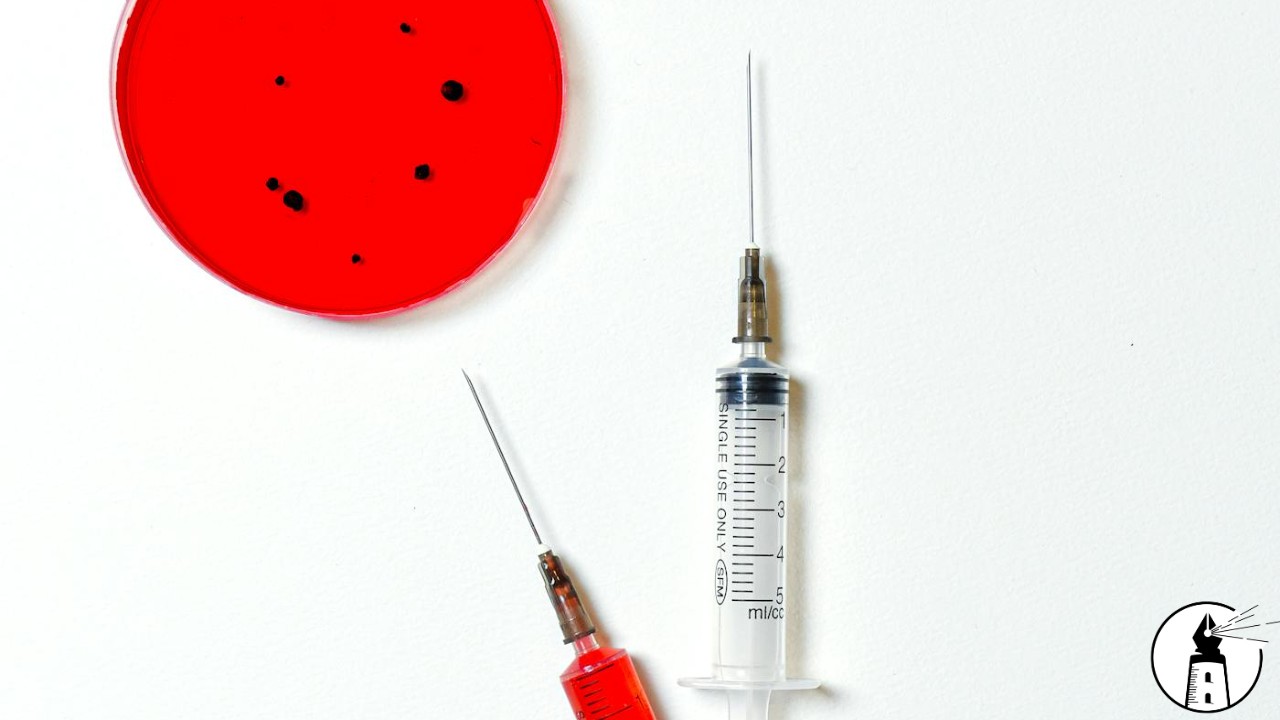In a press conference that stretched for more than an hour, President Trump once again positioned himself against mainstream science, this time taking aim at one of the most widely used medications in the world: Tylenol. Flanked by Robert F. Kennedy Jr., a longtime anti-vaccine activist, and Dr. Mehmet Oz, whose career has been built on peddling miracle cures of questionable value, the president declared that pregnant women should avoid acetaminophen, claiming it is linked to autism and ADHD.
The spectacle had all the trappings of a political show rather than a serious discussion about maternal health. Trump insisted that women should “tough it out” during pregnancy, dismissing the pain, fevers, and medical needs that acetaminophen is often used to address. For many, the remark landed as deeply insulting, reducing the very real risks that pregnant women face to a matter of willpower. Medical experts quickly pointed out that untreated fevers during pregnancy are linked to birth defects and developmental complications, making acetaminophen one of the safest and most important tools available when used appropriately. As doctors note, this is not an everyday pill for expectant mothers but a medicine used when necessary. It’s hardly the casual routine Trump made it out to be.
The World Health Organization issued a firm rebuttal, stressing that extensive research has found no consistent association between acetaminophen use during pregnancy and autism. WHO urged women to continue following the advice of their doctors rather than political figures. The agency also reaffirmed that vaccines do not cause autism, a point that stands in stark contrast to the conspiracy-laced comments heard from the White House.
Beyond the scientific missteps, the president’s words carry a cultural sting. Speaking about autism as if it were a condition to be “cured” insults autistic people by framing them as broken or lesser. Autism advocates have long fought against these narratives, emphasizing that autism is a natural variation in how human brains work. By pushing the idea that autism can be prevented by avoiding common medicines, the administration spreads misinformation and stigmatizes families, reinforcing a damaging cycle of blame and shame.
Adding to the controversy is the role of Harvard School of Public Health Dean Andrea Baccarelli. His work has been touted by the administration as proof of a causal link between acetaminophen and autism. What the White House has ignored, however, is that Baccarelli’s testimony against Tylenol’s manufacturer in a 2023 lawsuit was dismissed by a federal judge for cherry-picking results and downplaying the role of genetics. His more recent paper reviewed existing studies and concluded there was an association, but not causation. Scientists across the board have been clear. Correlation does not equal causation, and the largest, most rigorous studies to date have found no causal relationship.
Taken together, the administration’s push to demonize Tylenol feels less like a matter of public health and more like political theater. Expectant mothers are told to ignore doctors and “tough it out,” autistic people are cast as second-class citizens, and discredited scientific arguments are repackaged as truth. The timing also raises a question. Is this just another distraction, meant to draw attention away from more pressing matters, or perhaps from certain files the administration would rather the public not dwell on?
One thing is clear. Science and compassion should guide public health policy, not ideology and spectacle.
—By Greg Collier



